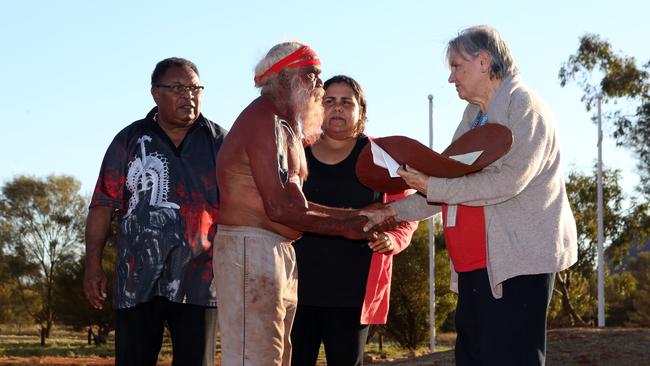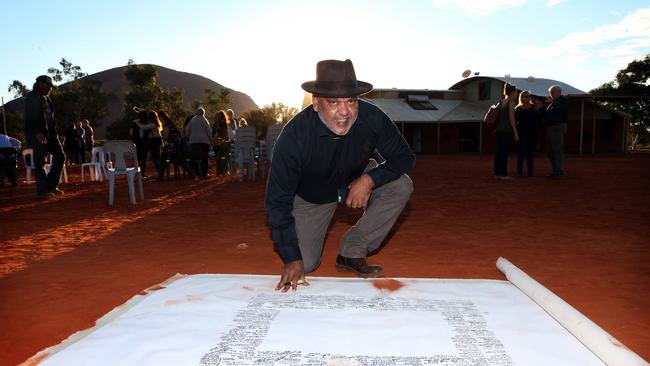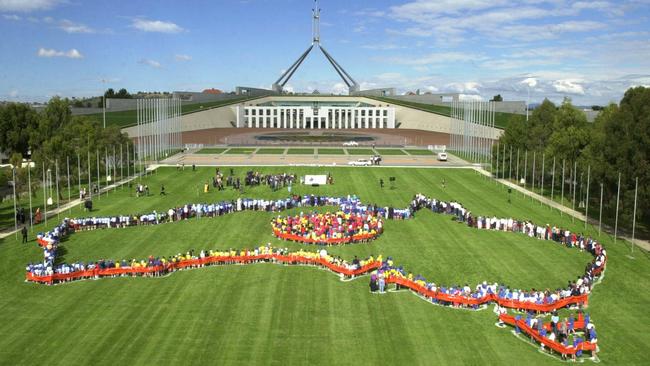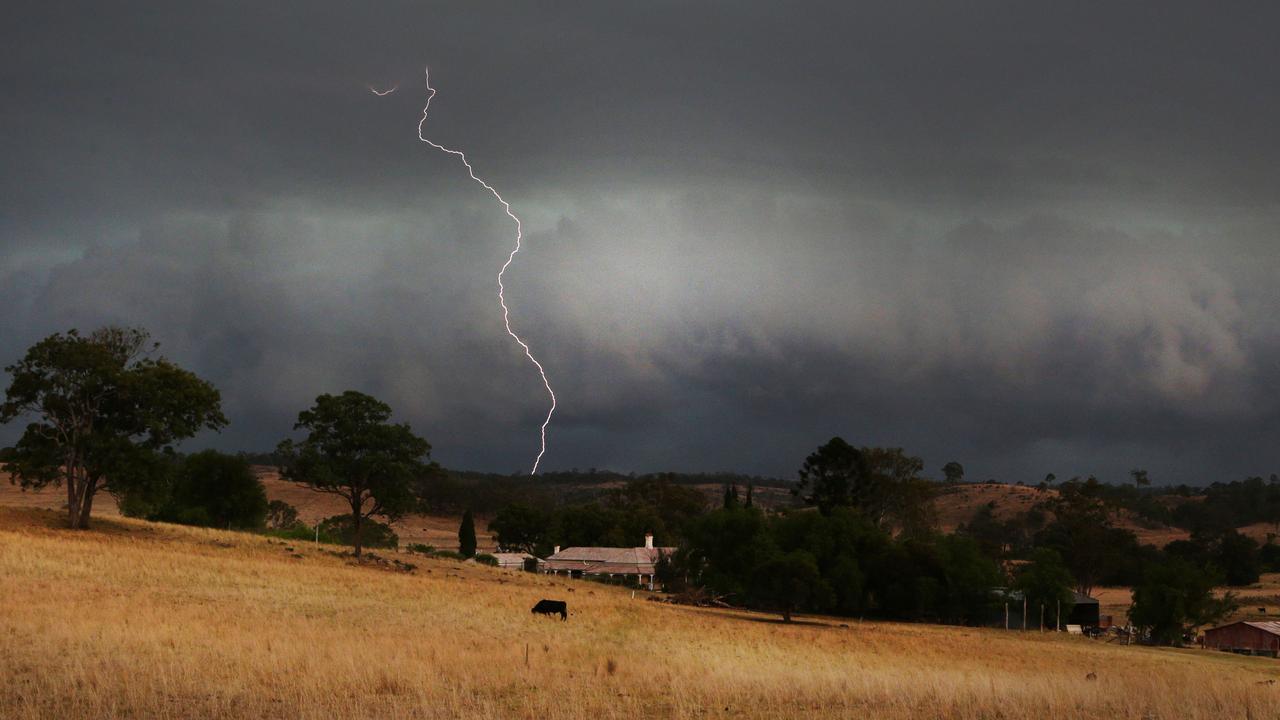62% of Aussies call for Indigenous voice to parliament
The Australian Constitutional Values survey asked whether there should be an Indigenous voice to parliament.

Gladstone
Don't miss out on the headlines from Gladstone. Followed categories will be added to My News.
Establishing an Indigenous voice to parliament is favoured by 62 per cent of Australians according to a regularly conducted survey led by CQUniversity.
Founded in 2008, The Australian Constitutional Values Survey, measured public attitudes towards establishing an Indigenous Voice to parliament in 2021.
Lead researcher, CQUniversity's Dr Jacob Deem, said the survey results indicated substantial support for a First Nations Voice to parliament, with only 12.4 per cent against the idea.
He said the May 2017 Uluru Statement was expressed as an invitation to walk with First Nations peoples on a journey towards recognition, which included the constitutional enshrinement of a voice to parliament as a crucial step.

"The results of the Australian Constitutional Values Survey 2021 demonstrate that many Australians have taken up this invitation, supporting a constitutionally enshrined Voice," Dr Deem said.
There was also a clear preference for enshrining the Voice in the Constitution, rather than a legislated model.
"More than 50 per cent of respondents were expressly in favour of a constitutionally enshrined First Nations Voice to parliament," Dr Deem said.
Most respondents engaged with the issue on moral and emotive grounds.
"Some respondents viewed the voice as being an important mechanism for giving First Nations peoples a say or for listening to their perspectives, while others viewed a constitutional voice as a way of recognising the special status of First Nations peoples as the traditional owners of the land."
Dr Deem said low support for a voice that was simply legislated, without providing Constitutional recognition, showed Australians wanted to be included in establishing the voice.
"A majority of Australians view the voice as the right course of action, and they want to be a part of that step in Australian history," Dr Deem said.
"Compared to constitutional reform, a purely legislative Voice would deny Australians a significant chance to participate in the change."
Foundation lead researcher, Griffith University's Professor A. J. Brown said there was clear scope and clear need for political leadership to make both the Voice and Indigenous constitutional recognition a success.

Professor Brown said the results showed major room for more public education and engagement about the Voice.
"After the majority who support, the next largest group of respondents are the 'undecided', accounting for around 30 per cent," he said.
"These 'undecided' Australians are significant because rather than indicating disinterest or apathy, more than half said they simply did not know enough or needed more details.
"In particular, many undecided respondents wanted to know how representatives would be chosen and what benefits the Voice would bring for First Nations peoples - underscoring that once the Government's current Voice Co-Design process is complete, many citizens will be ready to support the plan, especially if a constitutional recognition process then gives them not just reason but need to engage."
The Australian Constitutional Values Survey 2021 surveyed a nationally representative sample of 1511 Australian respondents aged 18-65 plus, in February 2021.
Other stories
Duke of Edinburgh Award will continue to honour Prince Philip


